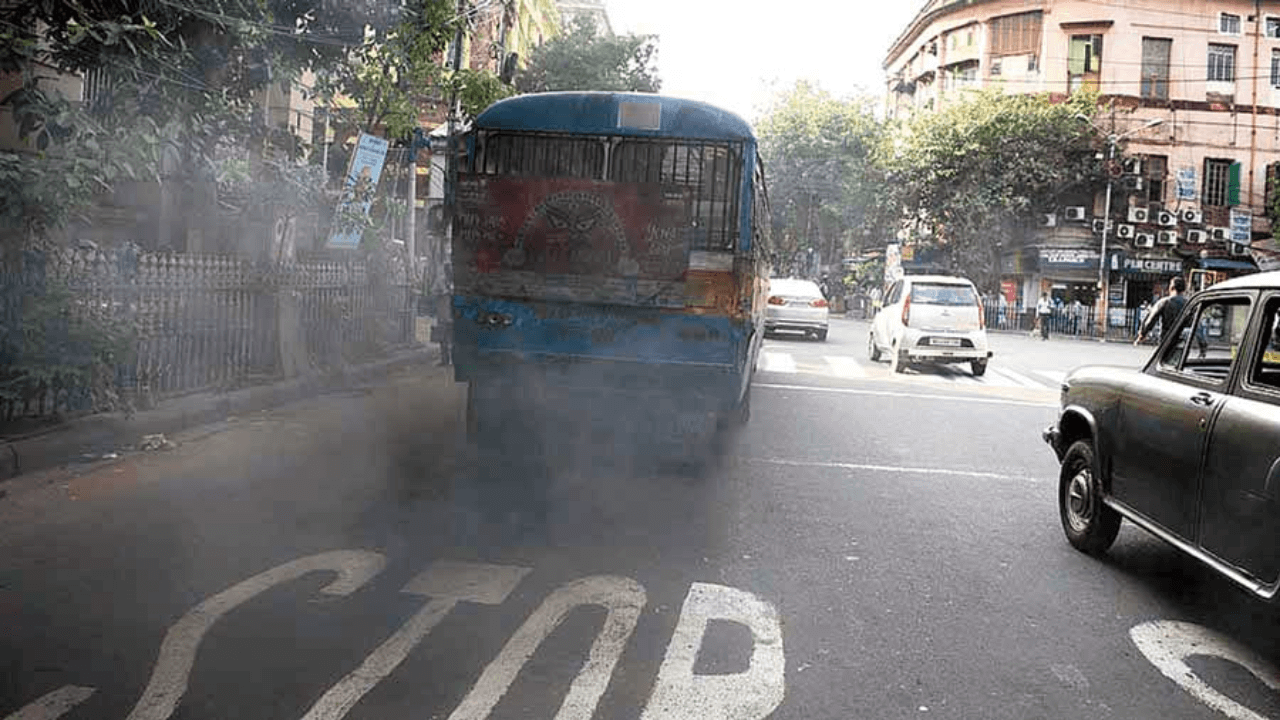A significant stride has been taken in Kolkata, an Indian metropolis, with the adoption of an Air Quality Early Warning System (AQEWS), developed by the Indian Institute of Tropical Meteorology (IITM) in Pune. This cutting-edge system is designed to furnish real-time air pollution data and predictions, empowering the city to heighten preparedness and implement effective measures against the mounting air pollution crisis.
Real-time Monitoring and Forecasting: Air Quality Early Warning System
The deployment of AQEWS in Kolkata signifies a pivotal advancement in pollution management. A network of sophisticated sensors is at the core of the system, meticulously engineered to monitor the real-time Air Quality Index (AQI), a standardized parameter used to assess pollution levels in a specific locale. With AQI values spanning from 0 to 500, higher values indicate elevated pollution and greater health risks.
A key focus of AQEWS is analyzing the concentration of pollutants like PM2.5, comprising particles with diameters of 2.5 micrometers or smaller. These minuscule particles are especially concerning due to their ability to deeply penetrate the respiratory system, exacerbating health problems.
Addressing Critical Air Pollution in Kolkata
Kolkata has been grappling with severe air pollution, primarily driven by pollutants such as PM2.5. Recent measurements reported an AQI of 74, according to the Air Quality Early Warning System (AQEWS). Projected figures anticipate this index to surge beyond 170 by August 30. Such projections underscore the urgency of tackling Kolkata’s air quality issues, underscoring the crucial role of early warning systems in guiding effective pollution control strategies.
Integrating Data for Precision Predictionsl: Air Quality Early Warning System
The AQEWS underscores prediction accuracy by integrating data from the national air quality network and satellite sources. This amalgamation of data ensures the generation of precise forecasts. The experimental phase, initiated in September 2022, demonstrated the system’s accuracy. Its reliance on data from an expansive network of 420 air quality monitoring stations across India highlights a holistic approach to assessing air quality.
A Collective Effort towards Enhanced Air Quality
Kolkata’s embrace of the Air Quality Early Warning System sets an example for prioritizing public health and the environment. By offering real-time monitoring and forecasts, the system equips local authorities and citizens with essential information for informed decisions regarding outdoor activities and preventive measures. Kolkata’s pioneering step sets a notable precedent for other urban areas grappling with air pollution challenges.
Conclusion
Kolkata’s adoption of the Air Quality Early Warning System signifies a proactive stance against air pollution. The city’s dedication to real-time monitoring and precise predictions showcases its commitment to the well-being of its residents. As AQEWS raises awareness and facilitates timely interventions, it serves as a beacon of progress towards cleaner and healthier urban spaces. Through the fusion of technology and data integration, Kolkata leads the way towards creating more sustainable and breathable cities not only within India but across the globe.

